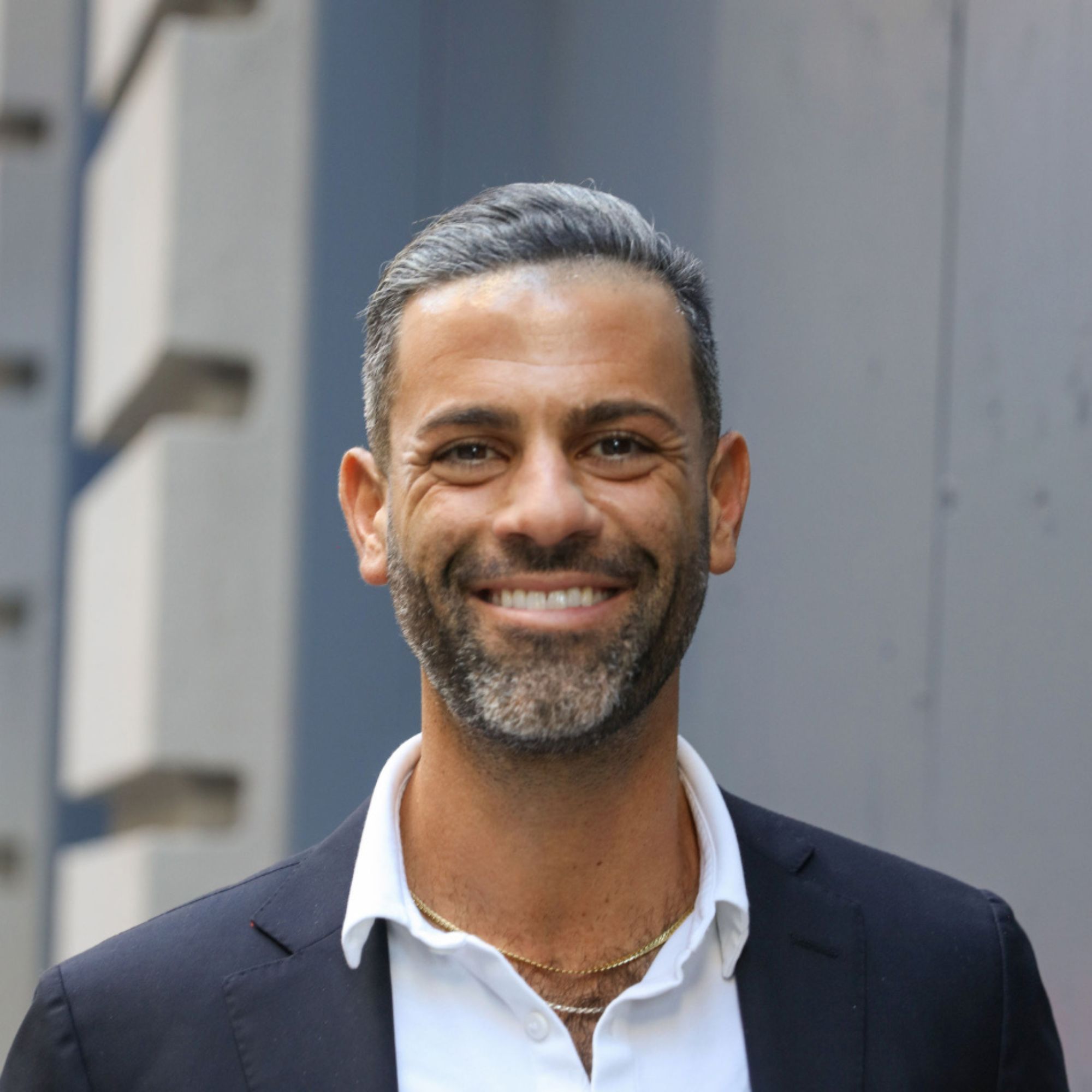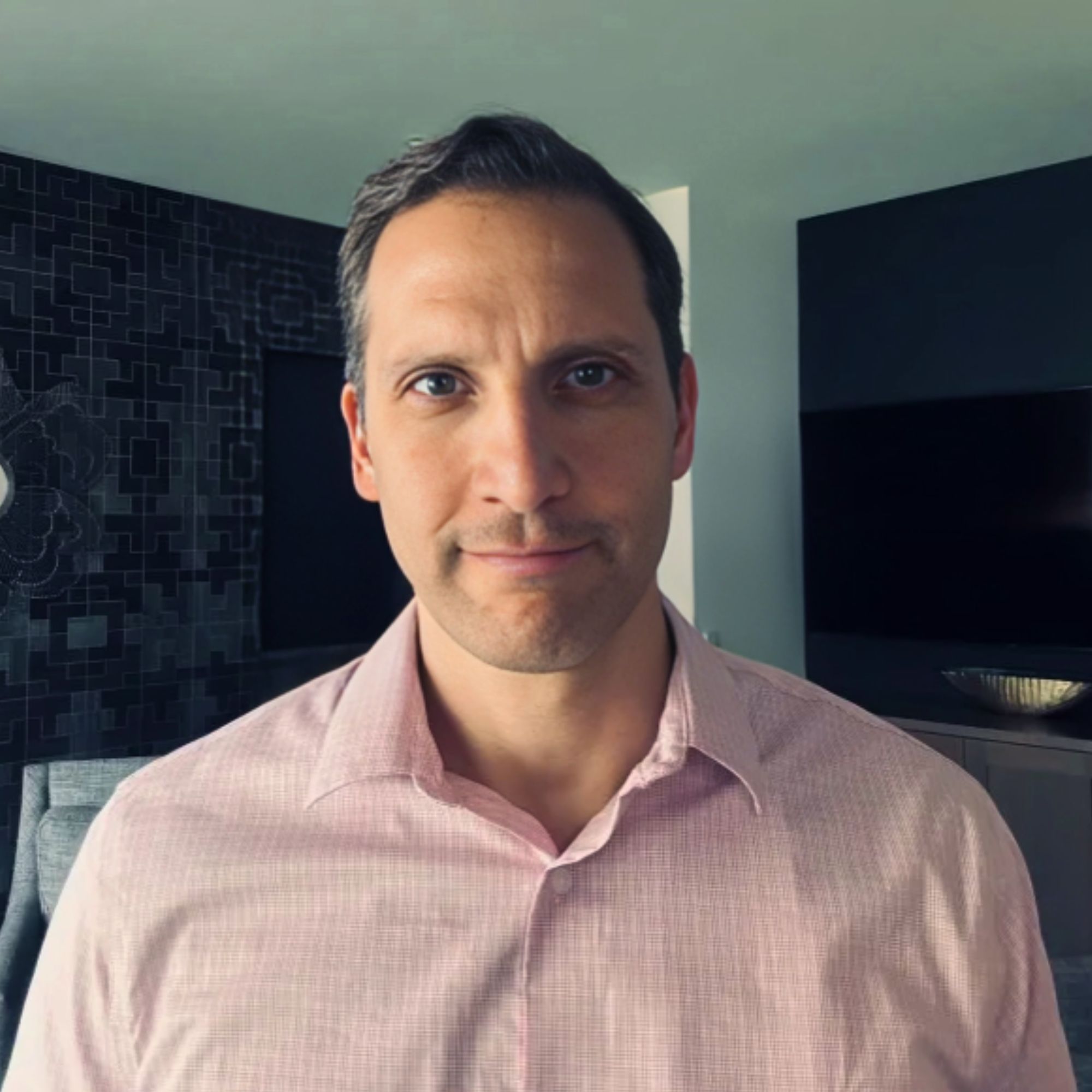Ready to launch your own podcast? Book a strategy call.
Frontlines.io | Where B2B Founders Talk GTM.
Strategic Communications Advisory For Visionary Founders
Conversation
Highlights
Building a New Category in Enterprise Middleware: PolyAPI’s Developer-First Approach
Enterprise middleware is a $30B+ market dominated by low-code platforms promising simple, drag-and-drop integration. But after 12 years building integration platforms at Mulesoft, Oracle, and Google, Darko Vukovic saw a critical gap: enterprises were rejecting these solutions in favor of building their own platforms internally.
In a recent episode of Category Visionaries, Darko shared how PolyAPI is creating a new category between traditional integration platforms and custom development, raising $5M to challenge conventional wisdom about enterprise connectivity.
The Problem with Low-Code Promises
Traditional integration platforms market themselves as simple solutions that anyone can use. “They’ve been largely branded as being low code, no code, drag and drop, you know, super easy. You just grab a couple of connectors, you draw a couple lines between them, and voila, you have your integration,” Darko explains.
But this promise falls apart for enterprise-scale integrations. “The reality is that’s just not how enterprise integrations work,” says Darko. “The big ones, the hairy ones, the stuff that carries millions if not billions of transactions, that stuff needs to be built much more robust way.”
This gap has forced many enterprises to build their own integration platforms internally. Darko discovered entire teams dedicated to building and maintaining custom middleware solutions – a clear sign of unmet market needs.
A Developer-First Alternative
Instead of following the low-code trend, PolyAPI took a controversial approach: embrace native code development. “What that means is that you can use native languages such as TypeScript, Python, Java, C Sharp to actually write the integration logic,” Darko explains.
This decision positioned PolyAPI to capture enterprises that had rejected traditional vendors’ limitations. “Many customers use Salesforce as a CRM, but every customer’s Salesforce CRM is going to be different,” notes Darko. Native code development gives teams the flexibility to handle these customizations without compromise.
Building Enterprise Credibility
Rather than hiding their product behind NDAs, PolyAPI took an unconventional approach to early marketing: radical transparency. “We think that our domain and our product set is just so hard to copy and replicate. So we were always publishing everything we’re doing to a pretty high degree of detail without giving away the magic sauce,” says Darko.
Their go-to-market strategy evolved through careful stages: “At first it was soliciting feedback on the idea, then it transitioned into soliciting people that might be interested in being alpha testers. And from alpha testers it transitioned into beta testers.”
This methodical approach helped overcome enterprise buyers’ skepticism about young startups. As Darko notes, “These buyers are savvy, they could see right through that. They know you can’t deliver a product in time that they’ll need it.”
Finding the Right Investors
PolyAPI’s unconventional approach initially faced skepticism from investors. Out of 20 early conversations with VCs, 19 passed. But one investor immediately understood the opportunity: Mulesoft founder Ross Mason.
“That kind of signal is really important because the one person who deeply understands the space was super excited to invest,” Darko reflects. This validation helped PolyAPI stay confident in their vision despite initial resistance.
The Road Ahead
Today, PolyAPI has 10 enterprise customers in production and is targeting 25-30 more in their next wave. Their vision extends beyond just integration – they aim to become the foundation for enterprise connectivity in an AI-driven future.
The company’s journey shows that sometimes the best enterprise products emerge from rejecting industry trends rather than following them. By focusing on developers’ real needs rather than low-code promises, PolyAPI is creating a new category in enterprise middleware that embraces rather than abstracts away complexity.
Actionable
Takeaways
Build credibility through transparency:
Rather than hiding their product behind NDAs, PolyAPI published detailed demos and documentation early. Darko explained, "We think that our domain and our product set is just so hard to copy and replicate... so we were never worried about competitors catching wind of what we're doing." This transparency helped enterprise buyers see that PolyAPI wasn't vaporware.
Target technical decision makers with depth:
PolyAPI succeeded by focusing on enterprises that had already rejected low-code platforms and were building in-house solutions. This created a clear target market of sophisticated buyers who understood the limitations of existing solutions and were willing to adopt a new approach.
Start marketing through 1:1 engagement:
Instead of broad marketing campaigns, PolyAPI began with individual conversations to gather feedback, find alpha testers, and evolve into beta testing. This grassroots approach helped them refine their product and messaging before scaling up marketing efforts.
Find investors who deeply understand your space:
Out of 20 initial VC conversations, 19 passed, but Ross Mason (Mulesoft founder) immediately invested. Darko noted, "That kind of signal is really important because the one person who deeply understands the space was super excited to invest." This validated their approach and provided valuable strategic guidance.
Build relationships with VCs continuously:
Even six months after their latest round, PolyAPI is already preparing for Series A by maintaining relationships with 20+ VCs and working toward clear metrics. This ongoing engagement creates leverage for future fundraising by demonstrating consistent progress.





























































































